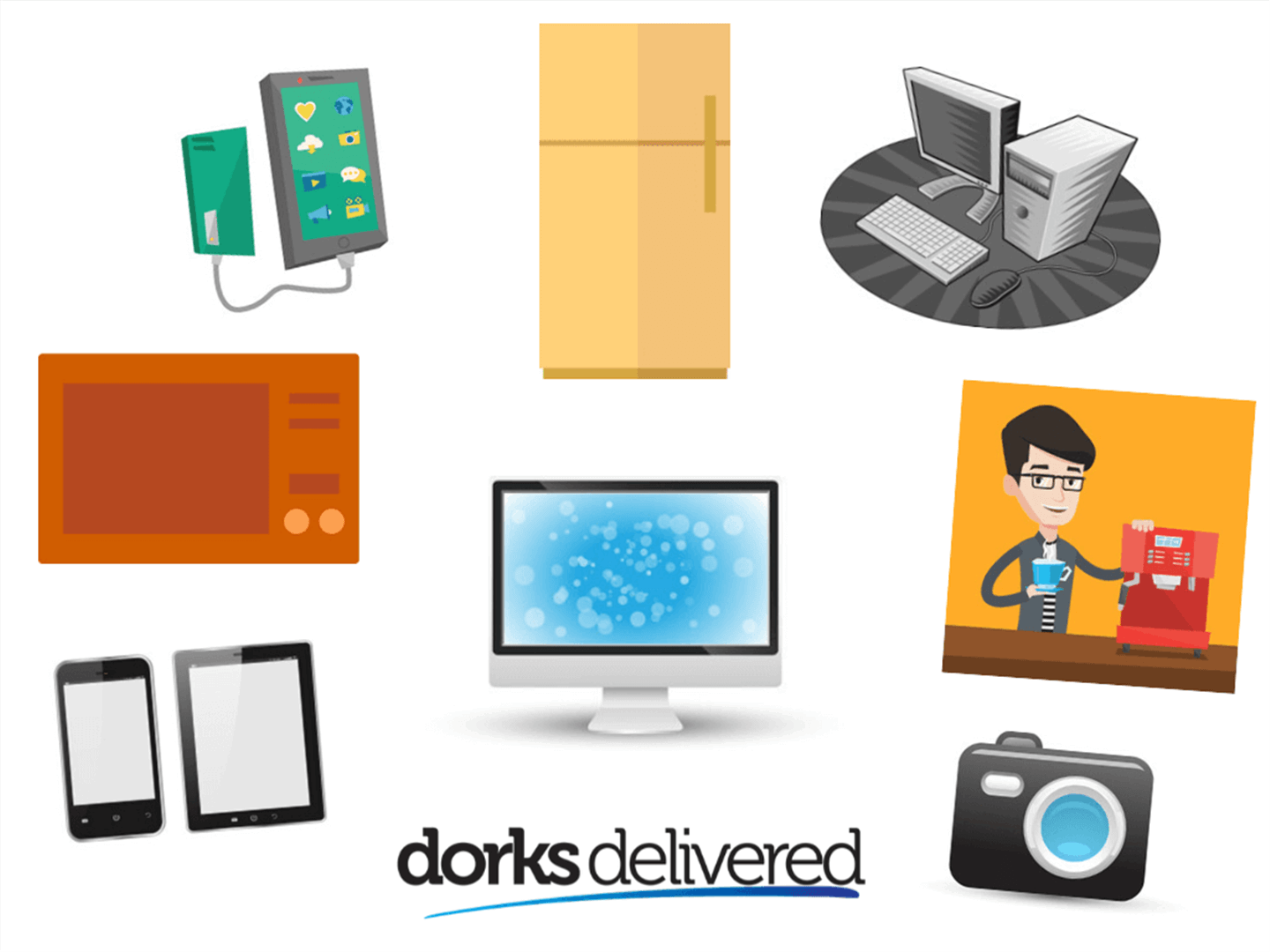Due to the current advancements in technology, many of you may have begun pondering what is automation? Automation is a buzzword at the moment. You need to automate as much in your business as you can because if you don’t, your competitors will.
What Is Automation?
Automation is the process of producing services and products with the least amount of human interaction possible—thanks to new technologies and their attentiveness. An increase in the speed, reliability, or efficiency of many formerly manual tasks may be achieved using automation technologies or methodologies. That’s why more and more industries, including operations, manufacturing, utilities, technology, shipping, security, statistical technology, and facilities, use automation.
Listen to business owners and leaders from Brisbane talk about automation with Joshua Lewis.
Automation in Business: Is It Essential?
Automation is happening all the time, and innovation is happening all the time. Some people are scared of technology but go back 170 years to when the first patented dishwasher was invented. No one’s scared of dishwashers now. They wash the plates so we don’t have to slave over a sink. No one’s scared of microwaves and refrigerators, which are automating processes within our home.

All of these little things speed up the processes in our home. The same can be true in business.
Business automation can be done to speed up your process but improve the accuracy and free up your staff from daunting or mundane tasks so they have more time for other tasks, and even give business owners more time to work on the business, to be with the family or to go on a holiday.
A company’s competitiveness is dependent on its ability to produce value at a faster pace, yet what is automation to entrepreneurs? It’s simple—automation frees us from repetitive yet time-consuming tasks. This may enhance the work atmosphere and enable employees to concentrate on more valuable functions.
Although automation is used to outperform humans in many ways, it can also catalyse new ideas. For instance, personalising ads wasn’t possible before social media and search engines automated the collection of behavioural patterns and personal information.
The quality of repetitive operations may also be improved by automation. When a process is complicated, like in creating and distributing software, maintaining exactly the same output every time may be difficult. The outcomes of a job are far more predictable because of automation’s ability to do the same procedure repeatedly.
But note that while some processes could be fully automated, automation in IT and other industries still need human supervision. Nevertheless, automation like in any industries is geared toward streamlining company processes. For example, automated processes in a firm could include keeping track of inventory, scheduling appointments, ordering products, and helping customers based on their expertise.
Is there something that you have to do daily or weekly that’s been taking much of your time? Ask a dork if it can be automated.
A great example would be Robot Process Automation (RPA). It’s a method that could automate the execution of a user-interface-based manual process. An RPA system observes the user’s actions, so it repeats those actions to learn how to do the work in the future. It then enables a corporation to build an unlimited number of robot employees to carry out activities that may be repeated according to a set of rules.
At Dorks Delivered, we do a lot of IT stuff and a few years ago, more and more businesses were getting us in to automate their processes, hence Business Efficiency Experts was born. We started automating business processes by removing repetition and documenting processes to make sure that our clients will do a task only once but it can be repeated a hundred or a thousand times.
For instance, if you’re having a problem with your staff leaving, you can make sure that the onboarding process is much faster through automation so you can onboard new employees quickly and have them profitable sooner.
What Can You Automate?
1. Social Media Posts
Creating, posting, and analysing social media content across several touchpoints can take a lot of your time, unless you automate some of the work.
With social media automation, you can use some tools that can help you reduce the time you spend on repetitive tasks and give you data that you can use to create more engaging content. Learn more about social media and other kinds of business automation.
2. Email Marketing
In early 2021, a report said that Australia’s overall email open rate was at 20.6%, clickthrough rates at 3.1%, and click-to-open rates at 14.8%. This just makes email marketing an important part of any marketing plan, especially for small businesses. However, building your email list, creating the content of your emails, and designing your email can take much of your time, unless, of course, you automate.

From adding new contacts to crafting your emails, we can help. Schedule a consultation now!
3. Information Flow
Transferring information across different capacities could be automated to speed up a company’s operations. Suppose that we have a Sales Management capacity that sells and sets orders and a Production capability that manufactures the product to be ordered from Sales Management. The Customer Service capability is responsible for handling customer inquiries about product problems and enhancements.
So, what is automation in the act? These three capacities would significantly improve by automating the information flow between them. The sales data may be fed into manufacturing to help plan the production based on existing sales and projected sales data. The data from Customer Service may be used by Production to improve the quality of their products.
Integration is critical to automate data flow across IT systems since these capabilities are found in different systems.
4. Intelligent Automation
A new wave of automation is driven by machine learning and artificial intelligence (AI) methods made possible by computer systems’ capacity to understand patterns of behaviour and make algorithm-based judgments. Complicated industrial processes, self-driving vehicles, and chatbots for customer service are all examples of this type of automation.
However, this type of automation relies on learning the proper patterns to accomplish complicated procedures, which might not be as simple as it seems. Since the designs are primarily based on human behaviour, it may pick up a negative bias from the data it is presented with.
5. Measuring Automations
It’s tough to measure automation since it needs to fit into an overall workflow that offers some value. In the context of a value stream, this flow of processes may be seen as an example. Value stream processes can be measured to get insight into current automated operations and those that might benefit from automation.
We can utilise various metrics typically used in the manufacturing business to show if processes are running effectively or have issues with workflow.
Automate a business process to have more time. Consult a dork today!
The Final Word
Automation can help many industries. Whether you’re in manufacturing, recruitment or logistics, there is a process that can be automated without sacrificing quality or accuracy so you can have more time for other important things.
[module-398]











